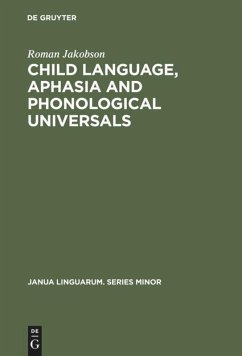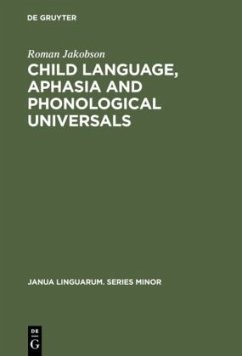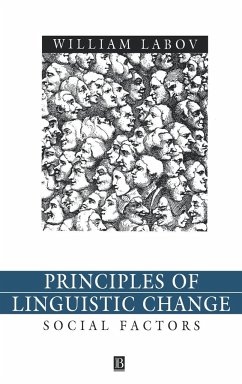
Language Change, Variation, and Universals
Versandkostenfrei!
Versandfertig in über 4 Wochen
112,99 €
inkl. MwSt.

PAYBACK Punkte
56 °P sammeln!
This volume explores how human languages become what they are, why they differ from one another in certain ways but not in others, and why they change in the ways that they do. Peter Culicover proposes that language change and variation are responses to the pressure to find efficient grammatical solutions to the task of expressing human thought.












